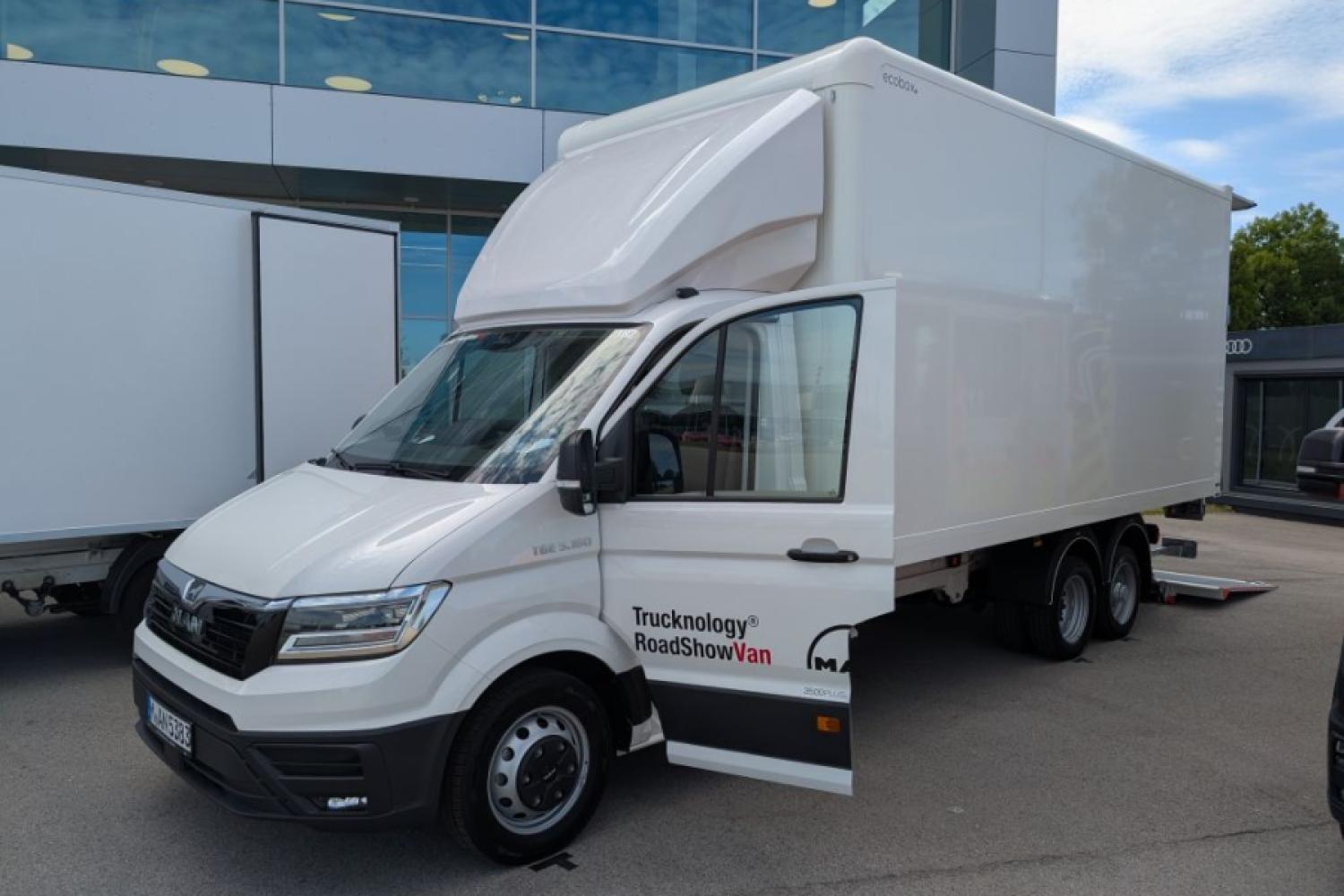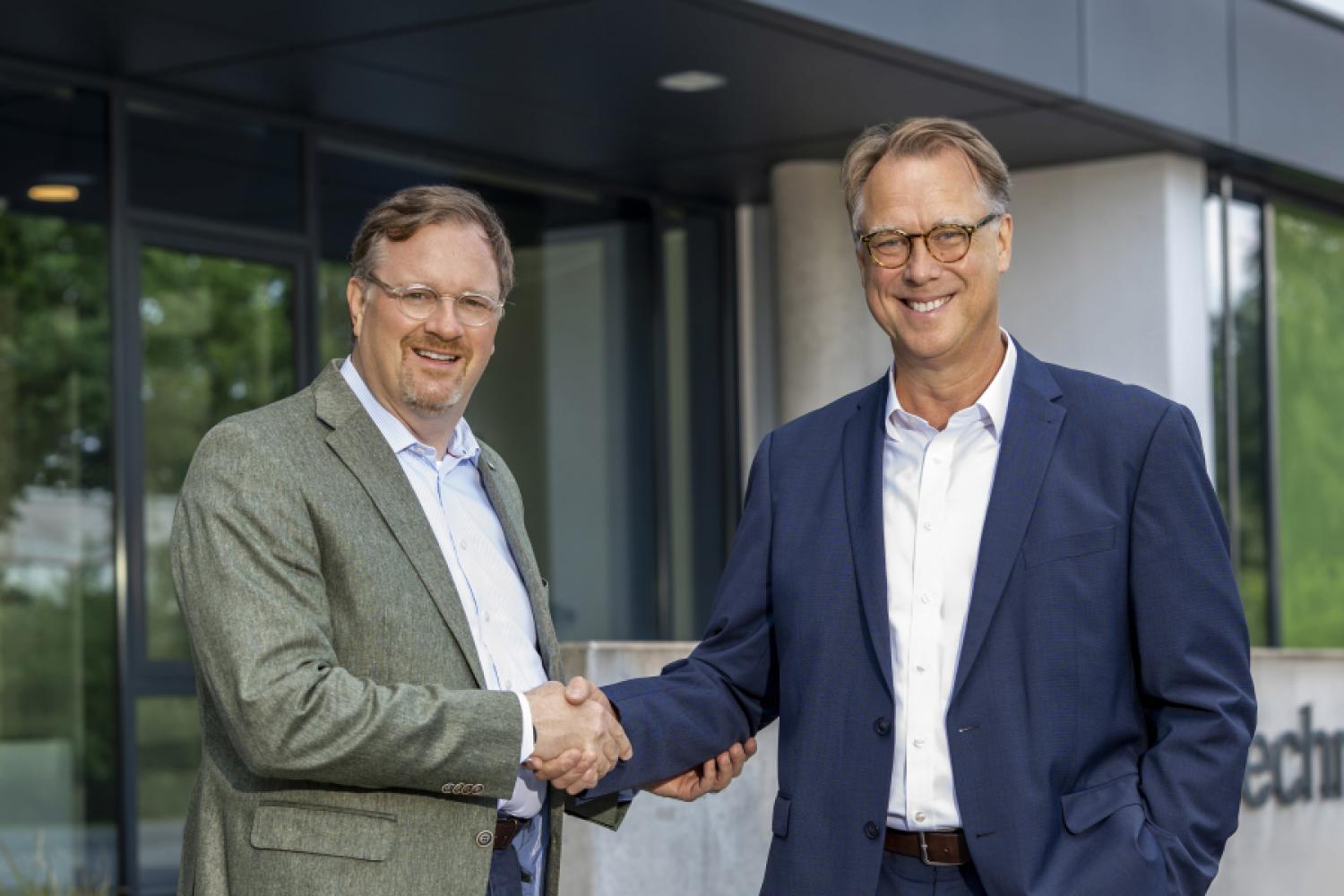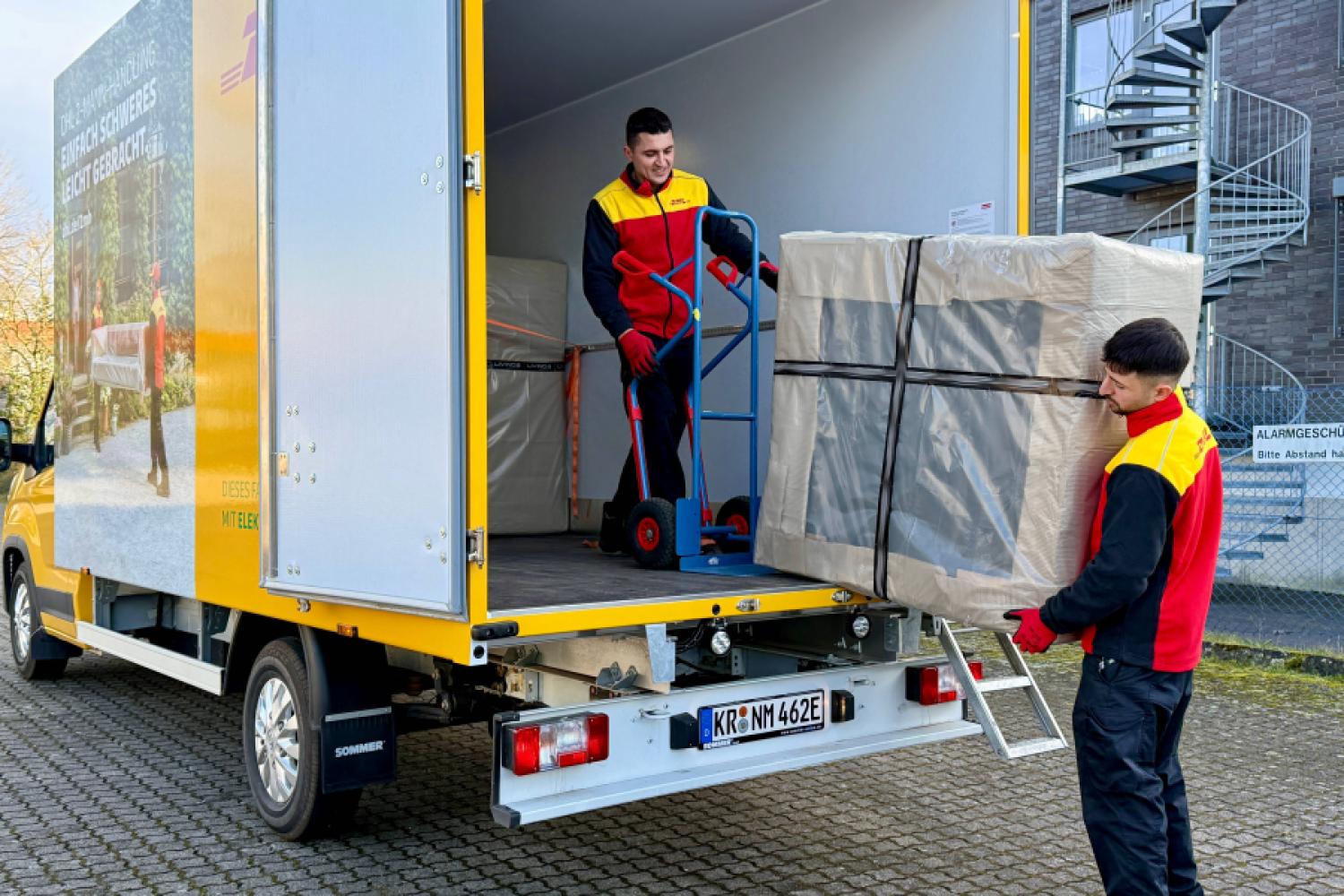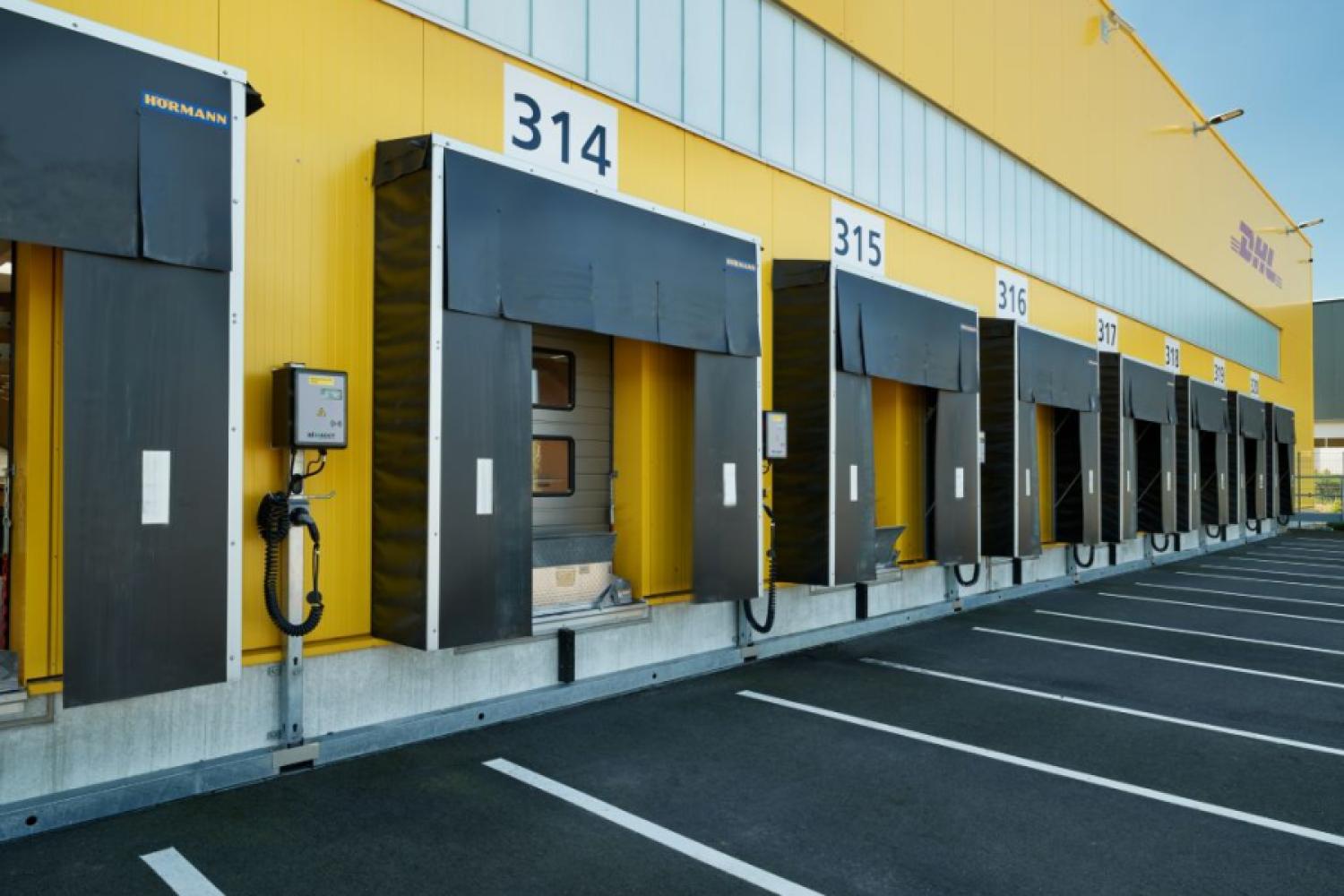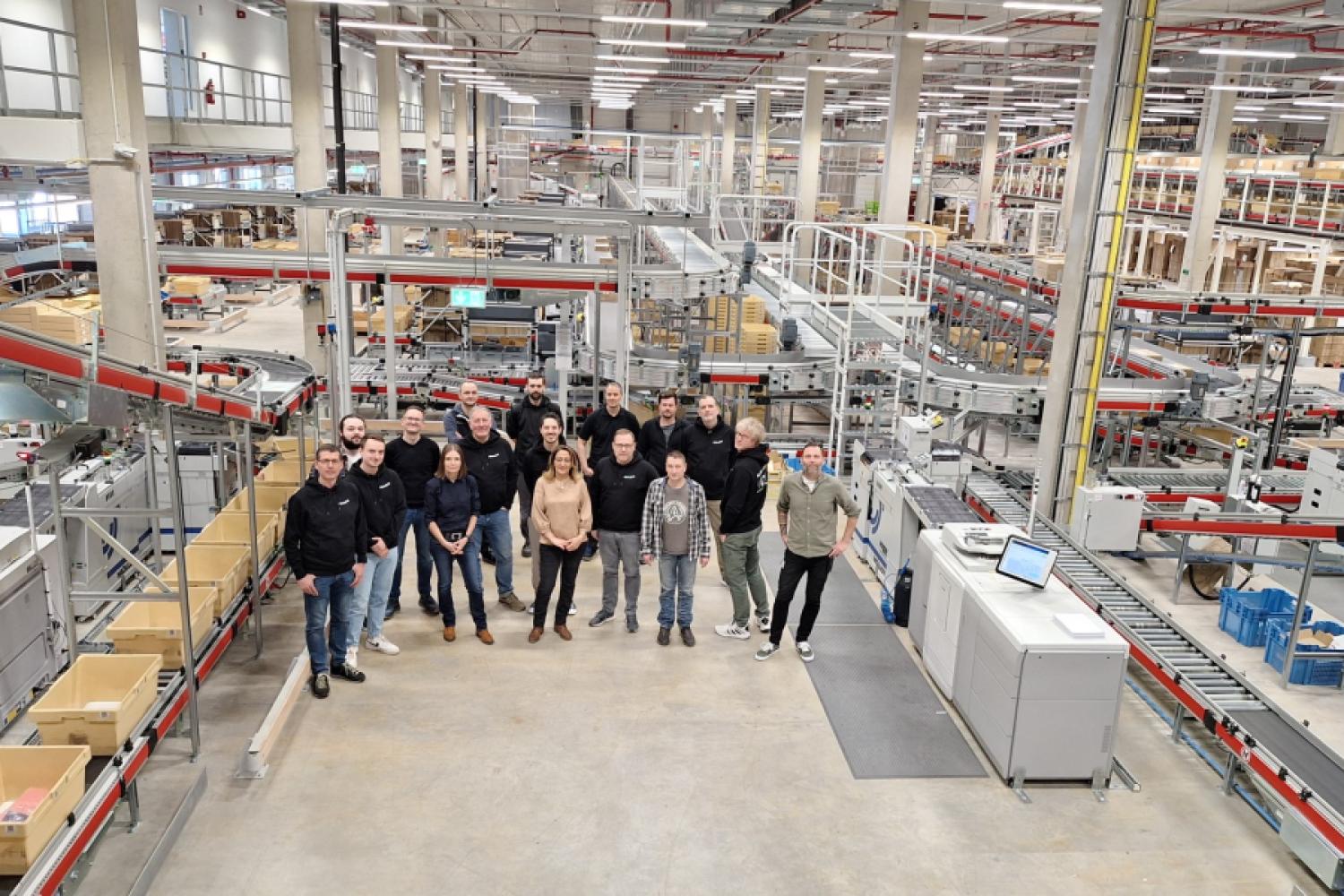The regional truck transport in Germany could quickly be largely electrified by expanding the charging infrastructure in logistics depots. This is the conclusion of a new study commissioned by T&E. The technical foundations for the electrification of depots are in place, and their impact on the decarbonization of the transport sector is significant. Long-distance electric truck transport would also benefit. 87 percent of all truck journeys in Germany occur in regional transport (a maximum of 150 km/journey). This amounts to over three of the seven billion kilometers that trucks travel on German roads annually. Therefore, regional truck journeys play an important role in reducing CO2 emissions in transport. They could be almost completely electrified by charging at the depot, according to the
study authors from Fraunhofer ISI and the Öko-Institut.
“If the new government wants to quickly reduce emissions in the transport sector, they must not overlook trucks. They are a lever with significant impact. The technology exists today - now we need to speed up the expansion of depot charging infrastructure,” advocates Nanne Richardsen, Infrastructure Advisor at T&E Germany.
According to Richardsen, politics should support small and medium-sized enterprises to prevent the transformation from failing due to high initial investments. Currently, high costs for grid connections and charging infrastructure hinder the electrification of depots. They are particularly a hurdle for small logistics companies with low margins and short contract durations. The lead times for providing grid connections often take several years. They illustrate
why the expansion of the power grid must be better aligned with future charging demand in the commercial vehicle sector.
Bidirectional Charging as a Business Model
At the same time, innovative solutions such as bidirectional charging during long overnight stays have the potential to become an additional source of revenue through depot charging infrastructure. Additionally, long-distance electric truck transport also benefits from the network of semi-private and semi-public charging infrastructure. According to the study, there are promising approaches abroad: Spain shows how small companies can gain better access to credit through "mutual guarantee societies" (Sociedades de Garantías Recíprocas) - supported by state information programs. France specifically promotes the switch to electric trucks and depot charging: By awarding certificates, the acquisition of electric
trucks is supported with up to 50,000 euros per vehicle. Through the "AVENIR" program, there is funding of up to 15,000 euros per charging point and almost one million euros for grid connections.
Appeal to the New Government to Promote Charging Infrastructure
T&E therefore calls on the new government for simple, flat-rate promotion of charging infrastructure and grid connections - especially for small and medium-sized enterprises. Furthermore, T&E demands that the electricity amounts credited in THG quota trading be calculated based on a realistic proportion of depot charging. The expansion of the power grids must also be aligned with the charging demand, and legal hurdles for shared or rented depots should be removed. Bidirectional charging should be politically promoted and perspectively become

